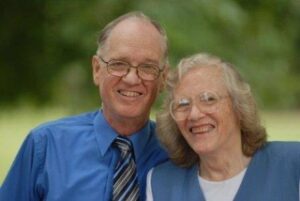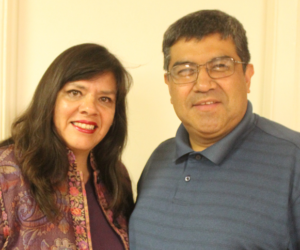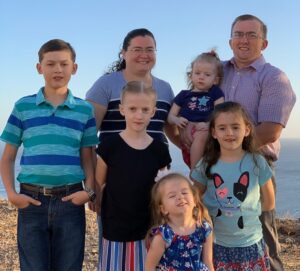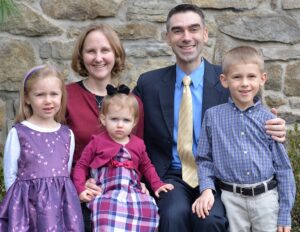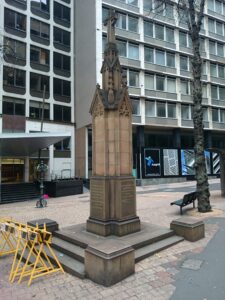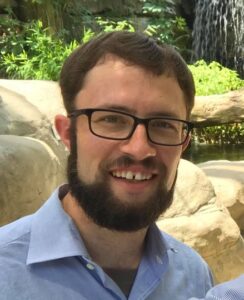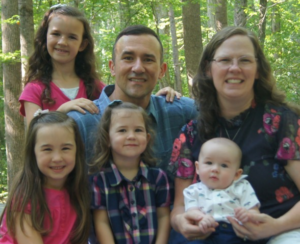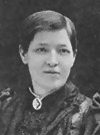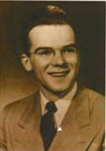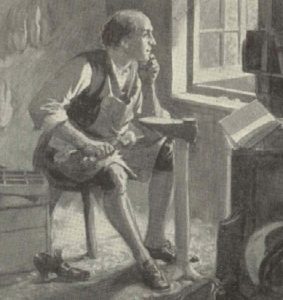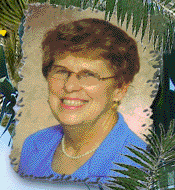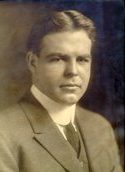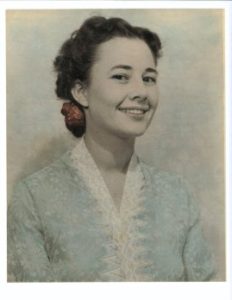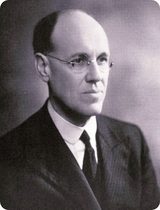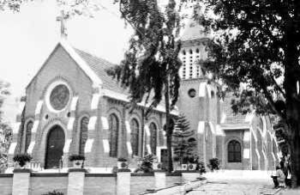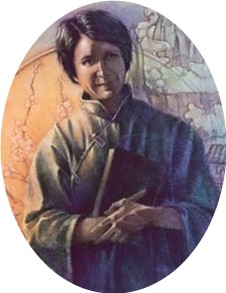 When our language helper, Lilee, asked me what kind of meat I like to eat, I attempted to say “kai kap muu kap NGUA” (chicken and pork and beef). But instead, I came up with ‘kai kap muu kap NGU” (chicken and pork and SNAKE)! Lilee gave me a funny look and replied in English, “Really?!” –K.R, Laos
When our language helper, Lilee, asked me what kind of meat I like to eat, I attempted to say “kai kap muu kap NGUA” (chicken and pork and beef). But instead, I came up with ‘kai kap muu kap NGU” (chicken and pork and SNAKE)! Lilee gave me a funny look and replied in English, “Really?!” –K.R, Laos
Yet Will I Trust Him
John Chamberlain had no idea what the future would hold when he embarked on his journey to India. With his ministerial education, his new wife, and his zeal to reach lost souls, he was ready to begin his missionary journey. His path seemed clear and straightforward. He would go to Calcutta and learn the Bengali language. He would work with William Carey and evangelize the lost Hindu and Bengal people. He would serve God with his family. Life does not always follow our plan, however, and this Baptist missionary soon found his faith and commitment tested.
Chamberlain and his wife set sail for Calcutta in August, 1802, and not long after his wife gave birth to a beautiful baby girl. Chamberlain was overjoyed at the prospect of becoming a father but soon was recorded as saying, “But alas! I saw not the cloud behind.” For, after seven short days, their daughter grew sick and died, and they were forced to commit her body to the sea.
I would like to say this is the hardest thing he endured, but it was just the beginning. He struggled with his health off and on, as did his wife. He saw many horrible things in Calcutta and the village of Cutwa. He saw women held down by large, bamboo poles and burned alive and the elderly left outside to die. His wife became violently ill and quickly passed away. He later remarried, but after only eight months his new wife went into labor and died during childbirth. He took her body back to Calcutta and upon arrival found that the son he had left in the care of friends there had passed away. Trial after trial, blow after blow, he was tested and tried. Yet he remained faithful.
Shortly after finding out about the death of his third child he quoted Job, saying, “Though he slay me, yet will I trust in him.” Chamberlain never lost his passion for reaching the lost. He went from village to village evangelizing and talking to whoever would listen. Though he struggled greatly with his own health and eventually succumbed to tuberculosis at only forty-four years of age, he ministered tirelessly and tenaciously. He had an aptitude for languages and applied himself to translating the Bible into both Hinduwee and Brij. During the days when he was too sick to preach in the villages, he would sit at home and translate for hours.
He did not let discouragement or the fatigue that comes with sickness keep him from pursuing the calling of God. He chose to remain faithful, to remain passionate and to remain surrendered to God’s will for His life. He chose to trust. Many times we, too, get discouraged from the grind of life. Trial and heartbreak that come our way seem like obstacles insurmountable. We must remember Psalms 18:2: “The Lord is my rock, and my fortress, and my deliverer; my God, my strength, in whom I will trust; . . .” Jesus has already promised His strength. All that is left for us to do is trust and lean on Him.
 Our language tutor was teaching us to pray in the Indonesian language. We write out our prayer for his review and then read/pray them before class begins. My wife was thanking God for his mercy, but omitted an “h” sound in the middle of the word. She thanked God for his spider webs instead! —D.C.
Our language tutor was teaching us to pray in the Indonesian language. We write out our prayer for his review and then read/pray them before class begins. My wife was thanking God for his mercy, but omitted an “h” sound in the middle of the word. She thanked God for his spider webs instead! —D.C.